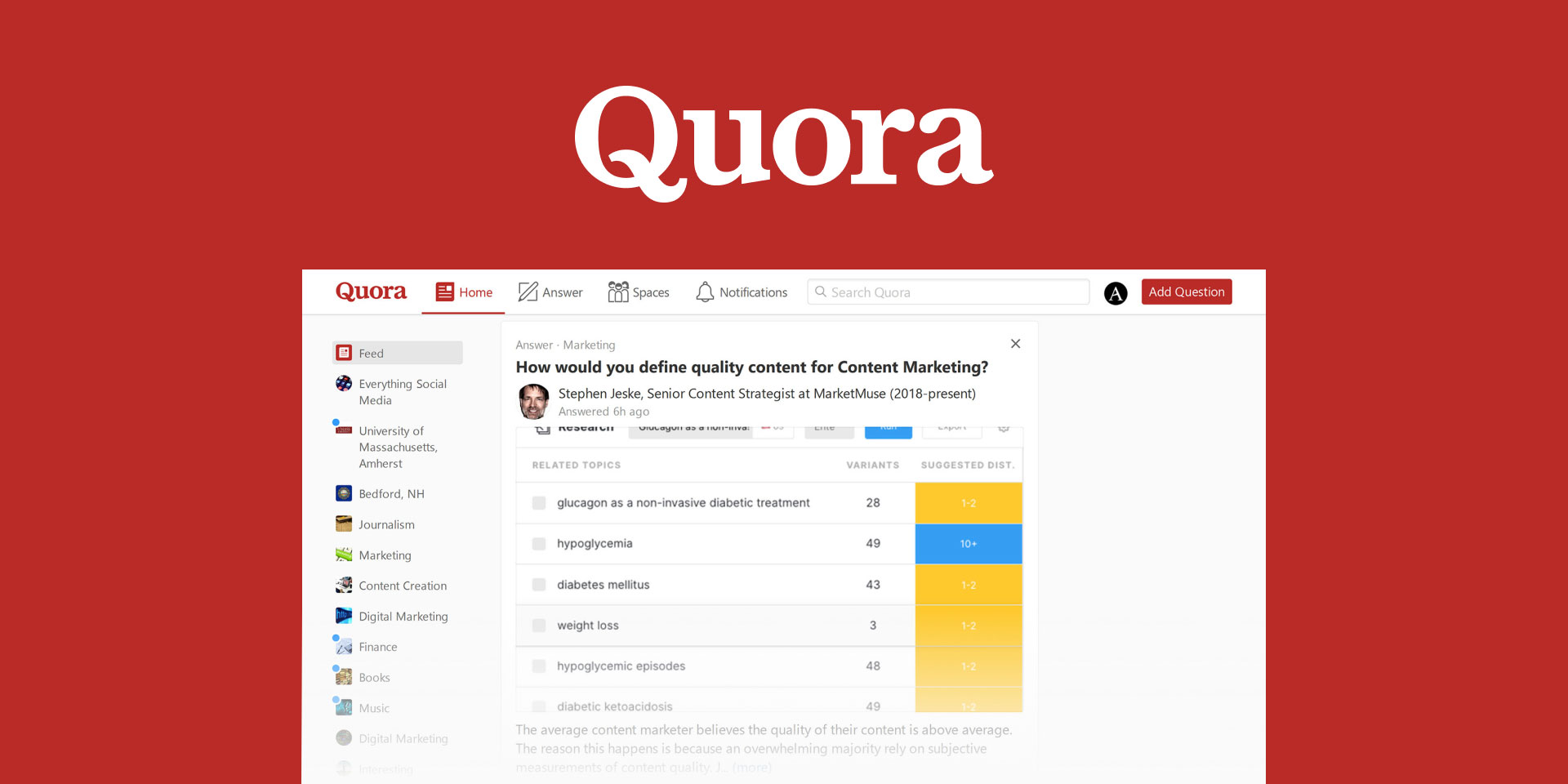Role of Content Delivery Networks (CDNs) in Content Monetization and Paywalls

Content Delivery Networks (CDNs) play a pivotal role in the monetization and delivery of online content, particularly in the context of paywalls.

Content Monetization

CDNs can assist publishers in various aspects of content monetization:
- Improved Page Load Speeds: By caching and distributing content across multiple servers, CDNs ensure fast and reliable page loading. This reduces user frustration and encourages longer session durations, increasing opportunities for advertising and subscription conversions.
- Enhanced User Experience: Fast-loading content enhances the user experience, making it more likely that visitors will return and potentially subscribe or purchase additional content.
- Reduced Infrastructure Costs: CDNs provide offloading services for publishers, reducing the burden on their own servers and infrastructure. This can lower operational costs and free up resources for other business activities.
Paywalls
CDNs are crucial for the effective implementation and management of paywalls:
- Access Control: CDNs can be integrated with paywall systems to verify user subscriptions and grant or deny access to premium content accordingly.
- Geo-Restriction Enforcement: Paywalls often need to restrict access to specific regions or countries. CDNs with global networks can help implement these geo-restrictions effectively.
- Content Protection: CDNs can protect paywalled content from unauthorized access by encrypting and obfuscating it during delivery.
How CDNs Work in Paywall Environments
In paywall environments, CDNs typically function as follows:
- User Requests Content: When a user attempts to access paywalled content, their request is sent to a CDN.
- CDN Checks Subscription: The CDN checks the user’s subscription status through integration with the paywall system.
- Access Granted/Denied: Based on the subscription status, the CDN either grants access to the content or redirects the user to a subscription page.
- Content Delivery: If access is granted, the CDN delivers the paywalled content to the user.
Benefits of Using CDNs for Paywalls
Utilizing CDNs for paywalls offers numerous benefits:
- Reduced Latency: CDNs reduce latency by caching content closer to end-users, ensuring fast and seamless delivery of premium content.
- Improved Security: CDNs provide enhanced security measures, such as encryption and DDoS mitigation, to protect paywalled content from unauthorized access.
- Scalability: CDNs can handle large traffic spikes due to paywall implementation, ensuring smooth and uninterrupted content delivery to subscribers.
Conclusion
Content Delivery Networks (CDNs) play a vital role in content monetization and paywalls. By improving website performance, enhancing user experience, and providing robust access control and content protection, CDNs enable publishers to effectively monetize their online content and provide a secure and reliable experience for their subscribers.## The Role Of Cdns In Content Monetization And Paywalls
Executive Summary
Content Delivery Networks (CDNs) play a crucial role in the monetization of online content and the implementation of paywalls. By optimizing content delivery, CDNs enhance user experience, reduce bandwidth costs, and provide the necessary infrastructure for implementing paywall mechanisms. This article explores the multifaceted role of CDNs in content monetization and paywalls, highlighting their benefits, challenges, and best practices.
Introduction
The proliferation of digital content has created new opportunities for content creators to monetize their work. However, the challenge of balancing accessibility with revenue generation has led to the adoption of paywalls as a means of restricting access to premium content. CDNs play a pivotal role in this context by providing the technical infrastructure and optimization tools necessary for paywall implementation and effective content delivery.
FAQs
What is a CDN?
A Content Delivery Network (CDN) is a distributed network of servers located in various geographic regions. It caches and delivers content closer to users, reducing latency and improving content accessibility.
How do CDNs help with content monetization?
CDNs optimize content delivery, reducing bandwidth costs and improving user experience. This enhances engagement, increases ad revenue, and supports subscription-based models.
What is the role of CDNs in paywalls?
CDNs provide the infrastructure for implementing paywalls by restricting access to specific content based on user authentication. They ensure seamless integration and prevent unauthorized access, safeguarding premium content.
Subtopics
Content Delivery Optimization
- Caching: CDNs store frequently accessed content on edge servers, reducing latency and improving load times.
- Load Balancing: CDNs distribute traffic across multiple servers, preventing bottlenecks and ensuring optimal performance.
- Protocol Optimization: CDNs support various protocols such as HTTP/2 and TLS, enhancing content delivery efficiency.
- Geolocation: CDNs can deliver content based on user location, providing localized experiences and reducing latency.
Paywall Integration
- Authentication: CDNs enable user authentication mechanisms, such as token-based systems, to restrict access to paywalled content.
- Access Control: CDNs enforce access rules based on user subscription status or specific permissions.
- Metered Access: CDNs allow content providers to limit access to a certain number of free articles or usage before requiring a subscription.
- Freemium Models: CDNs support hybrid paywall models that provide free access to limited content while charging for premium features.
Security and Compliance
- Encryption: CDNs encrypt data in transit and at rest, protecting sensitive information such as user credentials and payment details.
- DDoS Protection: CDNs mitigate DDoS attacks by distributing traffic and filtering malicious requests.
- PCI Compliance: CDNs facilitate PCI compliance for paywalled content by meeting industry standards for secure payment processing.
Analytics and Reporting
- Usage Tracking: CDNs provide detailed analytics on content consumption, user behavior, and paywall performance.
- A/B Testing: CDNs enable A/B testing of different paywall strategies, such as pricing models and content offerings.
- Optimization Recommendations: CDNs analyze data to identify areas for improvement in content delivery and paywall strategies.
Scalability and Reliability
- Global Infrastructure: CDNs have a presence in multiple regions worldwide, ensuring global reach and redundancy.
- Automatic Scaling: CDNs automatically adjust capacity based on demand, handling surges in traffic and providing consistent performance.
- Redundancy and Disaster Recovery: CDNs implement redundant systems and disaster recovery plans to maintain uptime and prevent data loss.
- 24/7 Support: CDNs offer round-the-clock technical support to ensure continuous operation and resolve any issues promptly.
Conclusion
CDNs are indispensable tools that empower content creators to monetize their work effectively and implement paywalls securely. By optimizing content delivery, enabling paywall integration, enhancing security, providing data insights, and ensuring scalability and reliability, CDNs play a vital role in the success of online content businesses. Embracing CDNs as part of a comprehensive content monetization strategy can unlock new revenue streams, protect premium content, and enhance the overall user experience.
Keyword Tags
- Content Monetization
- Paywalls
- Content Delivery Networks
- CDN Infrastructure
- Content Security

